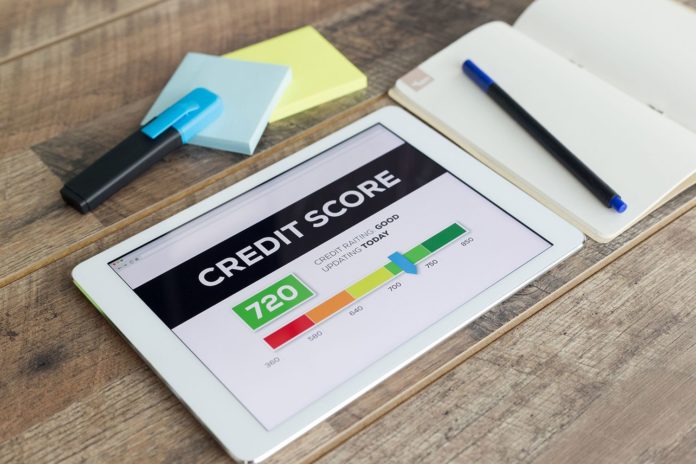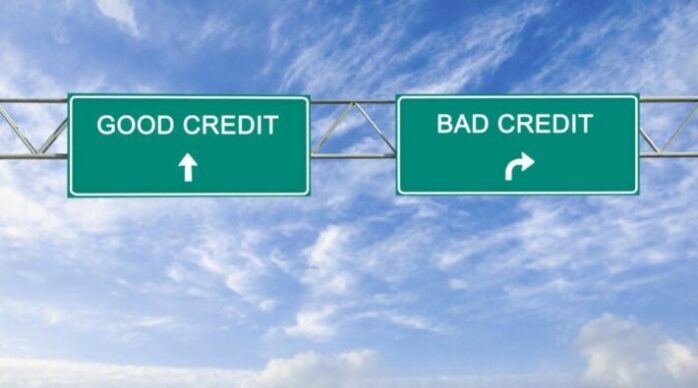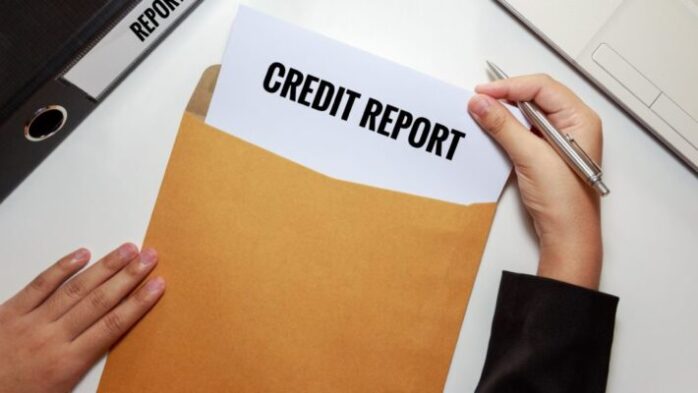
We all know how much of an impact credit has on our daily lives. Yet, credit is one of those subjects that is so misunderstood in today’s society. Most people have a vague idea of what a credit score is but have no idea what can influence it. This leads people to have false ideas about credit, and what can be done to improve it.
This also leads some people to make mistakes that could ruin their credit without them even knowing. Let’s take a closer look at the most common myths and misconceptions about credit, and some of the truth behind them.
1. You Can Get Blacklisted

A lot of people think that there is this mysterious list out there with all the names of people with bad credit that lenders should avoid giving loans to. As a matter of fact, 90% percent interviewed in a Totally Money survey thought that it was possible to get on a “credit blacklist” that would make it nearly impossible to get a loan.
While some industry employees might mention the term after someone has made multiple unsuccessful applications, there is no list of people with bad credit that all lenders go by. Not only that, but they don’t all rely on one single score either. In reality, all lenders will have their own set of criteria to judge who will be eligible, and the credit score is only one of the factors involved.
As a matter of fact, you can find bad credit loans from lenders that will pay much more attention to your current employment situation to gauge whether you’re eligible for a loan. Very bad credit loans direct lenders like Loan Pig, for instance, will allow you to borrow from £50 to £1500 that can be repaid in as long as 12 months depending on the loan. All you’ll need is to provide proof of income. While they’re obligated to run a credit score search, your income and outgoings will be the main criteria for approval.
2. Missed Payments will Stay on Your Report Forever

A lot of people also seem to think that when entries are made on their credit report, it’s forever. But most of them will have a statute of limitations on them and will be removed after a set period of time.
Bankruptcies and missed payments, for instance, will only stay on your report for a period of 6 years. Also, lenders will usually pay more attention to recent entries. So, if you have some missed payments from a few years ago, but you had a great history so far, it probably won’t have a big impact on your ability to get a loan.
3. It’s Impossible to Intentionally Fix Your Credit

That couldn’t be further from the truth. This myth can be largely attributed to scammy credit report services that promise the moon and charge you for things you could easily do yourself. Know that there are tons of things that you can do to improve your credit score.
The first would be to take care of errors on your credit report. Getting your free statutory copy of your credit report from one of the big 3 credit reporting agencies is the first step in controlling and fixing your credit situation. You’ll be able to see if there are errors and correct them. You’ll also be able to check out your list of debtors and work on a plan.
The next thing you want to do is get in touch with the accounts you can handle, then start working on a repayment plan. However, make sure that the two of you have a pay for deletion agreement. This is when the other party approves to remove the collection from your report once you’ve paid it off. Make sure that you have the agreement down on paper, and that it is stamped with the agency’s letterhead.
4. You Should Stop Borrowing if You Want to Improve Your Credit

This might seem counterintuitive, but getting credit is actually one of the best things you can do for your credit. You see, lenders use credit reports for evidence of financial activity. Having low or no activity might actually end up hurting you.
One of the things that you can do is get a credit builder card. These cards tend to have a lower limit and good interest rates. Another option is to go with a secured card. You can get a secured card in exchange for a security deposit, which will be the limit on the credit card. You’ll then be able to use it just like any other credit card and all the activity will be reported to credit bureaus.
Another great thing about secured cards is that you might be able to turn them into regular credit cards after a certain period. This will allow you to build a relationship with the financial institution that issued the card to you and get easier access to some of their other financial products later on.
5. Being on the Electoral Roll Makes No Difference

A lot of people assume that something like being on the electoral roll will have no effect on their credit rating. The truth is that being on the electoral roll is one of the simplest ways to boost your credit.
Not only that, but it could also end up accelerating the application process. If a lender is not able to identify you through the electoral roll, they may ask for another proof of address and identity, which could end up slowing things down.
However, don’t assume that where you live will make a difference. Your address has absolutely no effect on your credit score. But you could have trouble if you don’t notify the credit reference agency of an address change. Lenders might also be wary of candidates who have moved houses too many times over a short time period.
Now that you know a little bit about how credit works, you can start working on maintaining or building it up. Try to get as much information as you can on the subject, and don’t hesitate to speak with an adviser who will help you to improve your credit situation.











